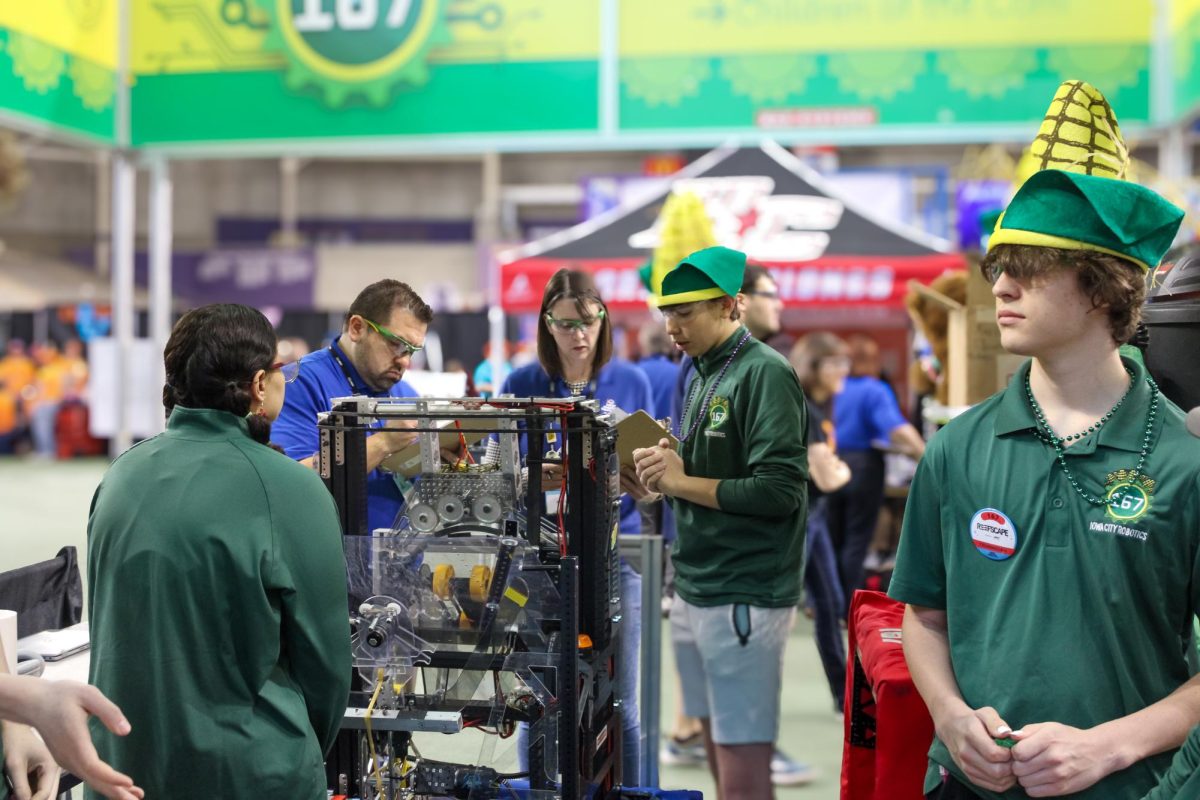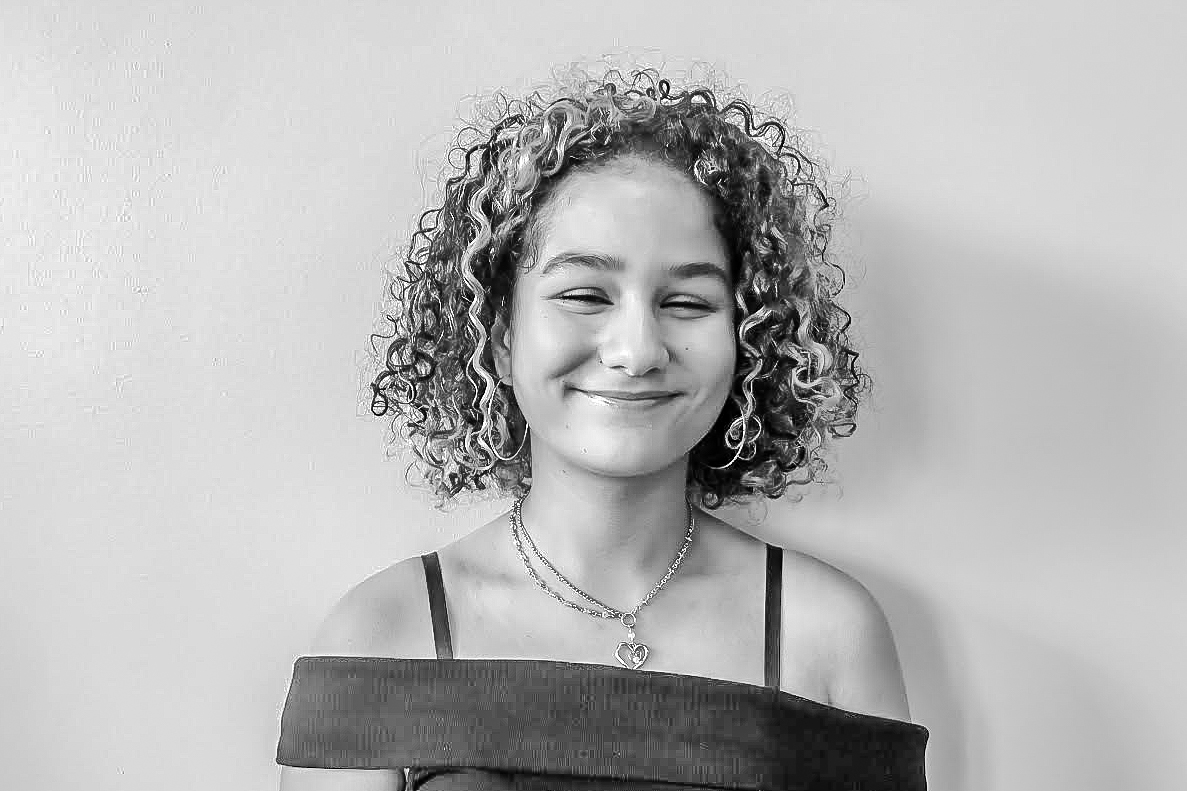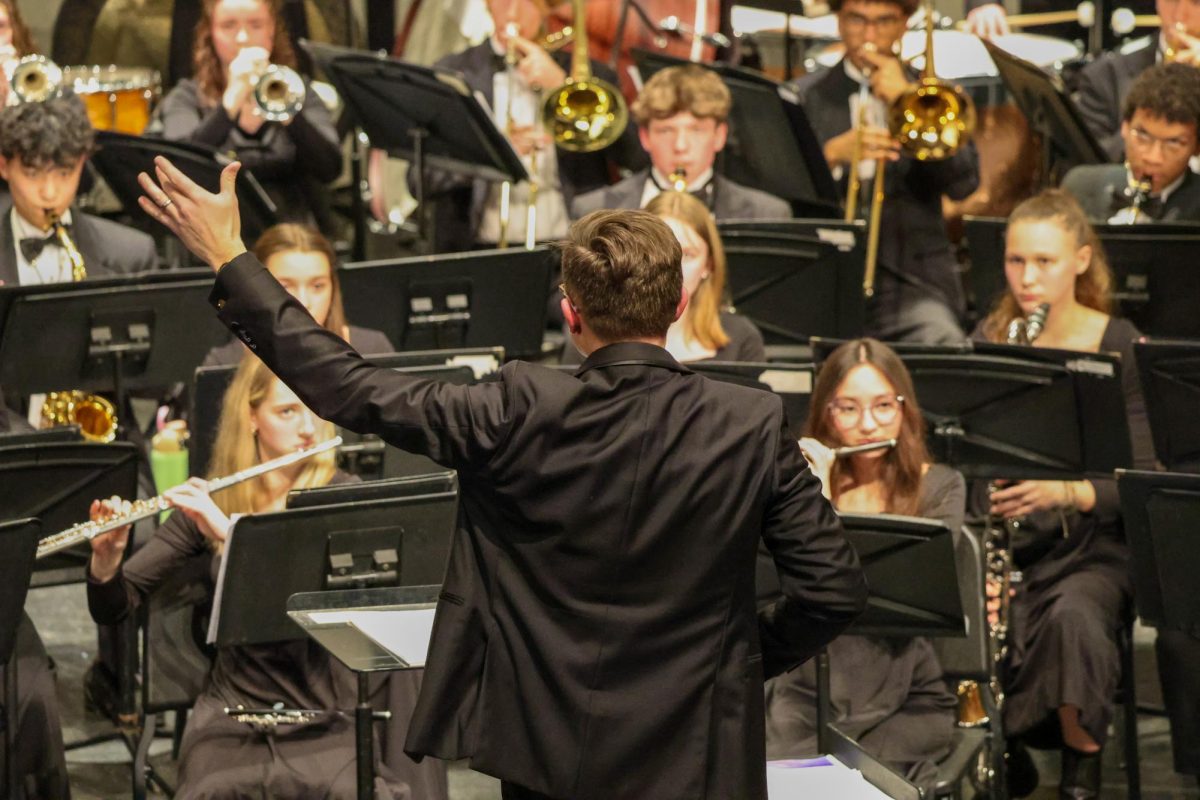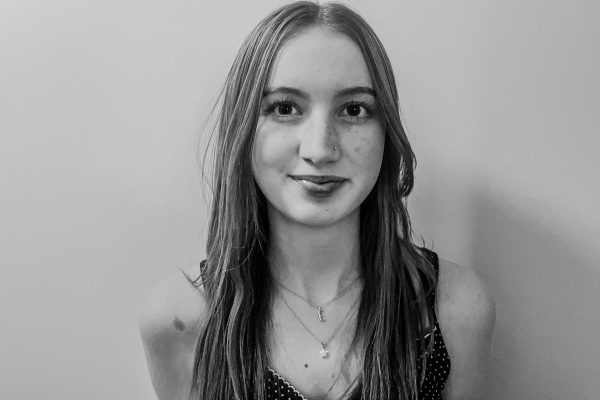Q: When did you start playing the Oboe and do you remember how/why you chose it?
A: I started playing oboe in 5th grade. I chose the oboe because I was told it would be the hardest instrument to play. After finding this out I researched the instrument a little more, and decided that I’d give it a try. When having the instrument try-out day for 5th grade band, I walked in and said that I knew I wanted to play oboe.
Q: What are some of your earliest memories, from when you first began playing?
A: One of my earliest memories of playing oboe was listening to the London Symphony Orchestra playing the Rite of Spring. This was the first time that I had been exposed to orchestral playing after starting the oboe and I was inspired by all the different elements of the music, the playing. Most of all I was inspired by the idea that someone could turn the music that I was playing at my beginner level into something like Stravinsky’s Rite of Spring, or Beethoven’s Symphony No.6, or Vaughan Williams’ Lark Ascending. After listening to the music, I became incredibly interested in orchestral music and wanted to try to achieve the level of playing that the professionals had.
Q: Do you have a favorite or most memorable experience with the oboe?
A: My favorite experiences with the oboe always involve playing collaborative music. I especially enjoy anytime that I get to play in an orchestra. This past year at the Iowa All-State Festival I had the privilege to be selected to the Orchestra and to play Ravel’s orchestration of Pictures at an Exhibition. I greatly enjoyed being able to play with the very talented musicians on that piece specifically. There were many moments from the rehearsals and performance of the piece that gave me chills while playing. Anytime that I have the opportunity to play with a group is always super exciting for me, not that playing soloistically isn’t amazing, but working with a group of musicians towards the same goals is always fun and inspiring.
Q: How do you practice?
A: I try to practice everyday independently for about 2 hours, on top of the hour in band class. During this time, I focus on fundamentals like tone, intonation on my oboe and with specific reeds, and overall musical fundamentals like scales, modes, and some music theory. I spend the beginnings of my practices on warm ups, which includes long tone scales and arpeggios with drones to help me with finding pitch center and the relations of one pitch to another. I have found that most of the music that I play as an oboist is simply scales, and that continued simple practice at them will greatly improve many elements of playing. Additionally, when practicing with a drone, I am preparing myself for playing in an ensemble and listening to the instruments around me to understand my place in the overall sound, chord, or harmony of the ensemble. Following warm-ups I will move into etude work. I predominantly use the 48 Ferling Etudes, but have been incorporating the Barret Etude books as well, these are two of the most widely taught etude books in the US. The etudes help me to connect the fundamental work that I have been doing into a more melodic setting. After etudes I will usually move to orchestral excerpts. Working on these excerpts helps me to not only get a bit of a headstart for my college classes, but help to prepare for auditions, which center on orchestral excerpts. Through the learning of these excerpts I study the piece as a whole including at least 3 professional recordings, studying the score multiple times, and finding 3 masterclasses in which the excerpt is taught. All of the research that must be done in preparation for orchestral excerpts helps me to become a more well rounded musician and student because of the level of detail that must be achieved. Finally, I will move to my solo repertoire. I practice this material last because it overall helps me to build my stamina, both mentally and physically, for playing multiple solos that are each over 7 minutes long.
Q: Are there any specific practicing techniques you use?
A: I am a very strong supporter of SLOW PRACTICING. For most passages that I learn, I will start practicing them at half of the speed that I need to go. This allows me to build muscle memory gradually without the stress of having the speed. Another very helpful technique that I use is recording myself. This allows me to listen to elements of my playing that I might not otherwise hear while playing.
Q: Do you experience performance anxiety and if so, how do you cope with the nerves?
A: I have definitely experienced, and honestly still do experience, performance anxiety. For me it mostly comes in the form of questioning my performance afterwards and feeling that I did not play well at all. However, I have greatly improved with my ability to cope with these feelings and the fears that I have going into auditions and performances. I find that remembering why I am playing for an audition or performance is important. If it’s for an audition, I remember that I am trying to showcase my personal musicianship in the hopes that the judges will like my interpretations of the music. If I am performing, I remember that in those moments I am sharing my love of the instrument with others. I am there to present my love and hopefully convey emotions and feelings through the music that I play. I have found that breaking down my performances in that way helps me to cope with nerves. In terms of post-performance/audition feelings, I remember that I performed the best that I could for that day and in that moment, and that I have learned from the experience.
Q: What do you think makes the oboe special in comparison to other instruments?
A: There are many special and unique aspects to the oboe compared to other instruments. I think one of the most important aspects of this difference is that we are a double reeded instrument. This means that instead of having one reed that vibrates like a clarinet or saxophone, we have two reeds that vibrate together. This poses a number of unique challenges and advantages. Some of the challenges are that unlike other instruments, we can have too much air. When preparing music, we must plan both places to take breaths in, but also where to release the excess air that we have. If this air were to build up too much, it can create too much pressure behind the reed, negatively affecting our sound. A cool element of having a double reed is that we do not actually need air to play our instrument, but just by applying pressure we can make a sound on our instrument. A very very unique element to our instrument is that as we evolve and become more experienced players we make our own reeds. This is a very helpful process as you become a more experienced player because we can control many different elements of our reeds such as response, tone, and intonation. Oboes and Bassoons are the only instruments that create the material that does that vibrations that makes the sound of the instrument. This allows us to personalize our experience. This process takes months to years to master and involves cane selection, the processing of the cane to be workable, tying the reed to a staple, and then scraping the reed to make it actually playable.
Q: Are there any musicians or people who inspire you? Who?
A: There are a lot of musicians who inspire me. I think that some of the most influential musicians are those who kept going. Those who turned their passions into a career, who kept playing as a pastime, or actively try to continue to play music in their life. I think that like with anything, if you enjoy music then you should do everything you can to continue to play it, even if it is not your career. I find it very inspiring to see and meet the people who continue to play music and enjoy it at all different levels.
Q: Do you play any other instruments, or is there one that you’d like to learn how to play?
A: I play a few different instruments other than oboe. I play classical, jazz, and collaborative piano as well as cymbals for the marching band. I dabble with trumpet, but would like to learn more of it. I would also really like to learn a string instrument, either viola or cello.
Q: Any advice for younger musicians?
A: My piece of advice for younger musicians is to be consistent. Especially when beginning it can be very difficult to find the motivation to practice if you aren’t seeing any progress. By practicing consistently you will not only improve, but you will start to find that your instrument becomes easier. Additionally, find elements of your instrument that you like. That could be the solo repertoire, orchestral/band music with your instrument featured, or the history. Finding something, however niche it is, that you enjoy or find interesting about your instrument will help you maintain interest with your instrument.
































